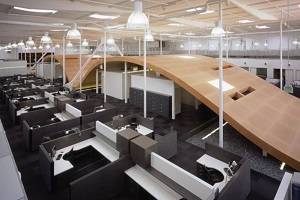March 18, 2013
New procurement systems to make it easier to bid for Government work
 The Cabinet Office has unveiled a new centralised system that it claims will make it easier and cheaper for suppliers to compete for government and public sector work because they will only have to register once to have access to a range of contracts. Currently, suppliers to government and the public sector have to register on several systems to be able to view, access and tender for business opportunities. The Cabinet Office believes the new system will be particularly attractive for SMEs who found the current system too onerous. The system will replace an existing system which serves over 80,000 registered suppliers and the same number of customers
The Cabinet Office has unveiled a new centralised system that it claims will make it easier and cheaper for suppliers to compete for government and public sector work because they will only have to register once to have access to a range of contracts. Currently, suppliers to government and the public sector have to register on several systems to be able to view, access and tender for business opportunities. The Cabinet Office believes the new system will be particularly attractive for SMEs who found the current system too onerous. The system will replace an existing system which serves over 80,000 registered suppliers and the same number of customers
























March 15, 2013
Where flexible working employees really want to work? Starbucks.
by Mark Eltringham • Comment, Facilities management, Technology, Workplace
More →